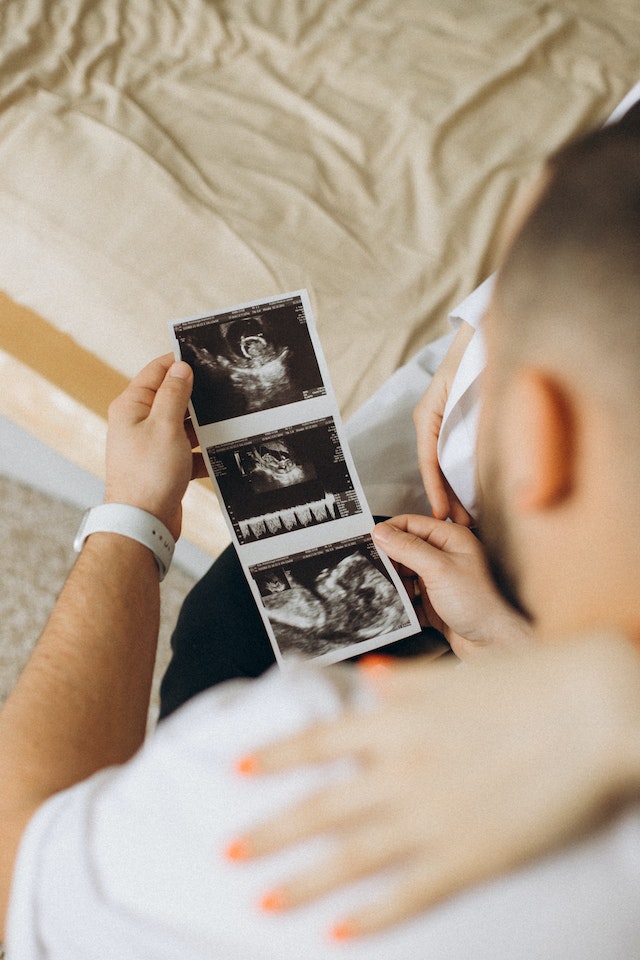Week 1 of Pregnancy: Preparing for the Journey Ahead
Introduction: Embarking on the journey of pregnancy is an exciting and transformative time in a person’s life. While you may not be technically pregnant yet at week 1, this crucial period is an opportunity to make important preparations and lay the foundation for a healthy pregnancy. In this blog post, we will explore key takeaways, baby’s development, pregnancy symptoms, your body changes, tips, and a checklist for week 1 of pregnancy.
Key Takeaways at 1 Week Pregnant: During week 1, you are not actually pregnant but rather experiencing symptoms of premenstrual syndrome (PMS). It’s an ideal time to start preparing for pregnancy by tracking your menstrual cycle, taking prenatal vitamins, and making necessary lifestyle adjustments. It’s important to note that if you’ve already received a positive pregnancy test, you are likely around 4 weeks pregnant.
Baby’s Development at Week 1: At this early stage, conception has not yet occurred. If you’ve recently discovered your pregnancy, you’re probably around 4 to 5 weeks pregnant. Your baby is still a tiny possibility, and your healthcare provider will provide a more accurate estimate during your first prenatal appointment.
Pregnancy Symptoms at Week 1: The symptoms you may be experiencing at week 1 are similar to those associated with your period, as you are not technically pregnant yet. These symptoms may include vaginal bleeding, lower back pain and cramps, bloating, mood swings, and headaches. Remember that these symptoms typically last for three to seven days.
Your Body at 1 Week: During week 1, your body is shedding the uterine lining in preparation for the formation of a new lining that will support a potential pregnancy. Human eggs, although tiny, are released between day 10 and day 19 of your menstrual cycle, with a fertilization window of about 12 to 24 hours. Taking care of your body by maintaining a healthy weight and avoiding unhealthy habits such as smoking and excessive caffeine intake is essential.
Tips for Week 1:
- Stop unhealthy habits: It’s crucial to quit smoking, reduce alcohol consumption, and limit caffeine intake even before conceiving.
- Consider a preconception visit: Schedule a visit with your healthcare provider to address any concerns, get up-to-date on vaccinations, and ensure you’re in good health for pregnancy.
- Relax and manage stress: Trying to conceive and pregnancy itself can be stressful. Take time to relax, practice self-care, and find healthy ways to manage stress.
Checklist for Week 1:
- Start taking prenatal vitamins: Begin a prenatal vitamin regimen to ensure you’re receiving essential nutrients for a healthy pregnancy.
- Track your menstrual cycle: Charting your cycle will help you understand your fertile window and optimize your chances of conceiving.
- Make necessary lifestyle adjustments: Quit smoking, limit alcohol and caffeine consumption, and maintain a healthy weight.
- Schedule a preconception visit: Book an appointment with your healthcare provider to discuss your plans and address any concerns or questions.
Conclusion: While week 1 may not mark the official start of your pregnancy, it is a crucial time to prepare your body and lifestyle for the journey ahead. By making necessary adjustments, tracking your menstrual cycle, and seeking professional guidance, you are taking proactive steps towards a healthy and successful pregnancy. Embrace this period of preparation and look forward to the exciting milestones to come in the weeks ahead.

